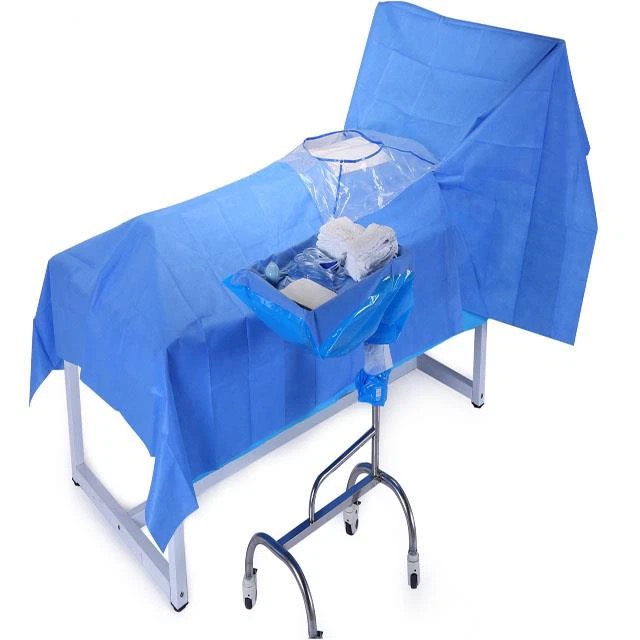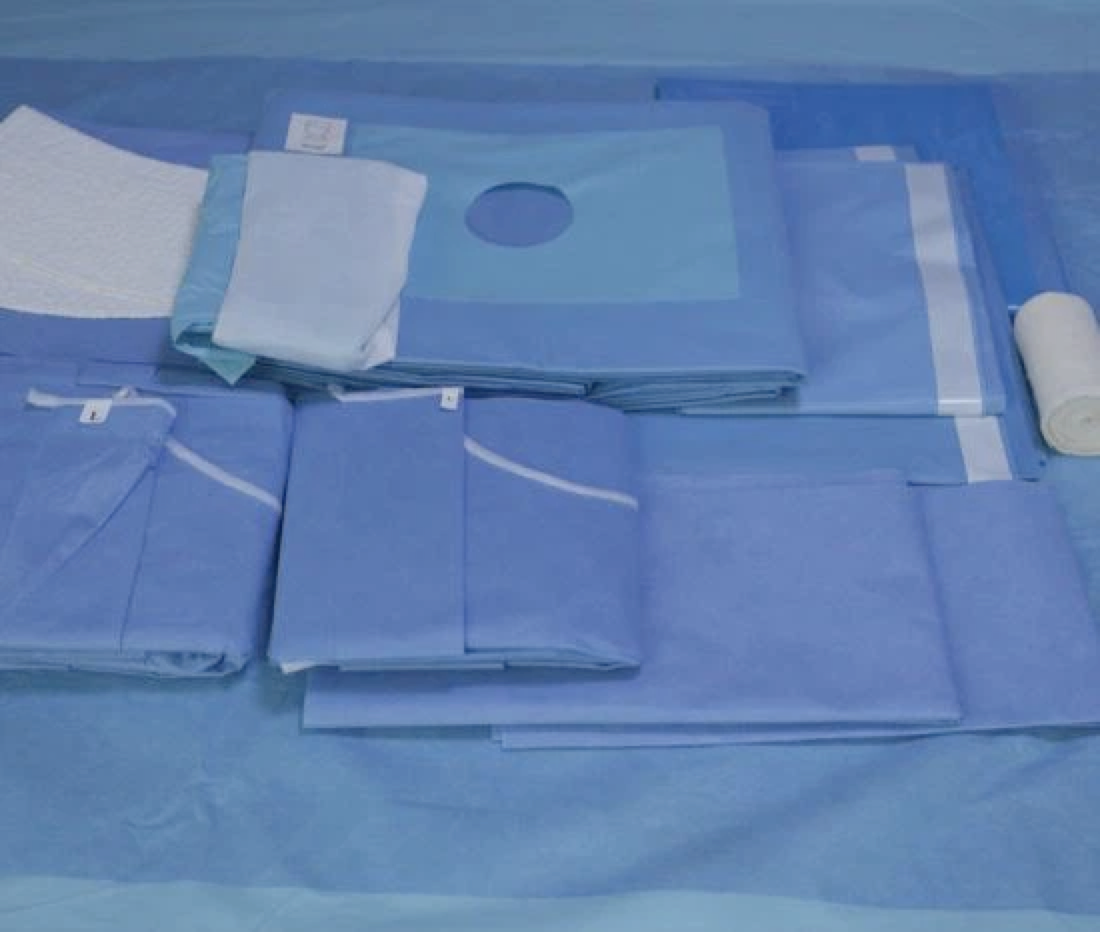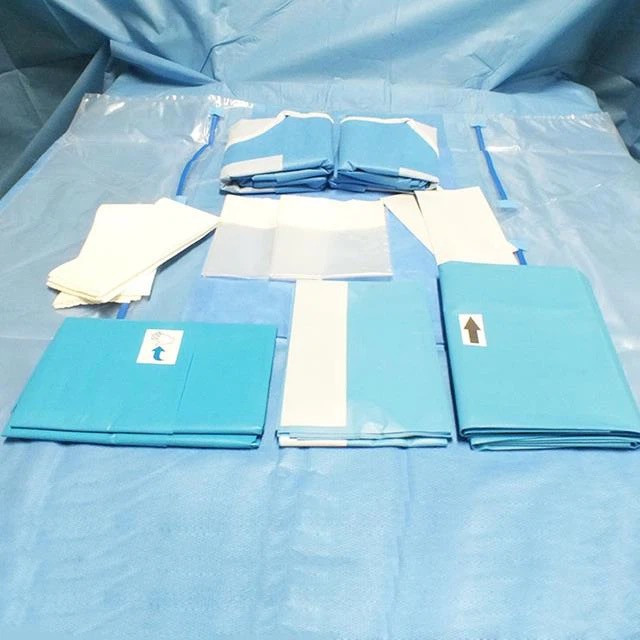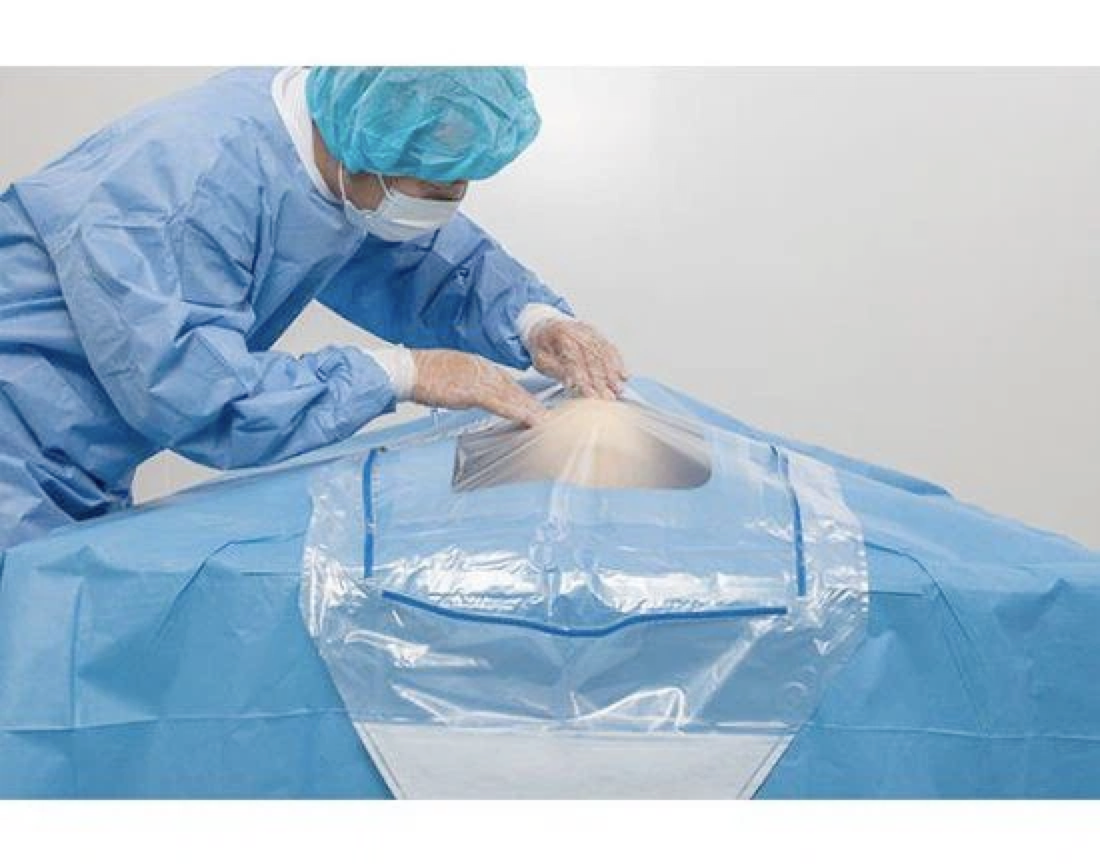The surgeon has a fixed day of surgery each week, and if surgery needs to be stopped, surgery for all the patients behind will have to be postponed; after the patient has been scheduled for surgery, the family takes time off to stay with the patient, and will have to take time off again for surgery on another day; after the patient has been prepared for bowel preparation, fasted, and inserted into a gastrostomy tube and catheter, etc, and then surgery on another day will have to be done over all over again. All of this must be taken into account, and surgery is only considered to be suspended when the patient has a real contraindication to anaesthesia and has to be put out of surgery.
Patients who have eaten too much before the operation
The reason for fasting before anaesthesia is that after anaesthesia, the patient's cardia sphincter relaxes and food may flow back into the mouth, which can lead to choking if accidentally inhaled. Clinically, mixed food is routinely fasted for 8 to 12 hours before surgery.
In fact, the length of fasting time depends entirely on the nature and amount of food eaten, eating water and liquid generally a few minutes up to 2 hours in the stomach is completely empty (except pyloric obstruction), some anaesthesiologists because the patient to eat a mouthful of milk, drink a mouthful of water on the suspension of the operation is irresponsible. Mixed food emptying time is 8 hours, and a large amount of high protein, high fat food gastric emptying time in 8 ~ 12 hours.
If the amount of food eaten is not large and the filling of the stomach is not obvious, even if the food eaten is mixed or high-fat food, after 4-6 hours, the food has actually emptied from the stomach.
Hypertensive patients
Due to the development of antihypertensive drugs, the anaesthetic management of patients with hypertension is now not a problem at all for the anaesthetist.
However, despite the sound theoretical basis for controlled blood pressure lowering (systemic arterial vasodilatation or volume vasodilatation), there are still two major difficulties for patients with hypertension after lowering their blood pressure:
There is a risk of inadequate blood supply to vital organs in patients with hypertensive disease after the blood pressure has been lowered from a very high level to some degree.
It is difficult to smooth anaesthesia because of the huge fluctuations in haemodynamics caused by the relative lack of volume after anaesthesia.
These two major difficulties, if we do not treat them carefully, then various postoperative complications are possible. Our predecessors in the field of anaesthesia stipulated severe hypertension as a contraindication to surgical anaesthesia is something they concluded after a long period of experience in clinical practice, and we should respect it.
Patients with severe arrhythmia
There are many types of severe arrhythmias, which can be detected by routine ECG before surgery. They can usually be detected by the anaesthetist during the preoperative visit to the patient.
Among the frequently encountered arrhythmias, second-degree type II atrioventricular block, third-degree atrioventricular block, sick sinus node syndrome, and sinus bradycardia (HR below 45 bpm) should be fitted with a pacemaker, or at least a temporary pacemaker before surgery.
Thrombocytopenia and epidural puncture
Textbooks state that the normal value of platelets is above 1 million/L. Some anaesthesia reference books suggest that an epidural puncture can be done with platelets above 800,000/L or even 500,000/L.
In view of the current medical environment, I believe that textbooks should be strictly followed, and epidural puncture of patients must be performed according to textbook standards, otherwise disputes may arise in case of intra-epidural haemorrhage.
Patients with severe anaemia
Patients with haemoglobin below 60g/L cannot be operated on, and clinically the anaemia should be corrected first, preferably with fresh blood and plasma. This is because such patients are highly susceptible to tissue hypoxia during surgical anaesthesia, and cannot meet the minimum metabolism of the organism.





